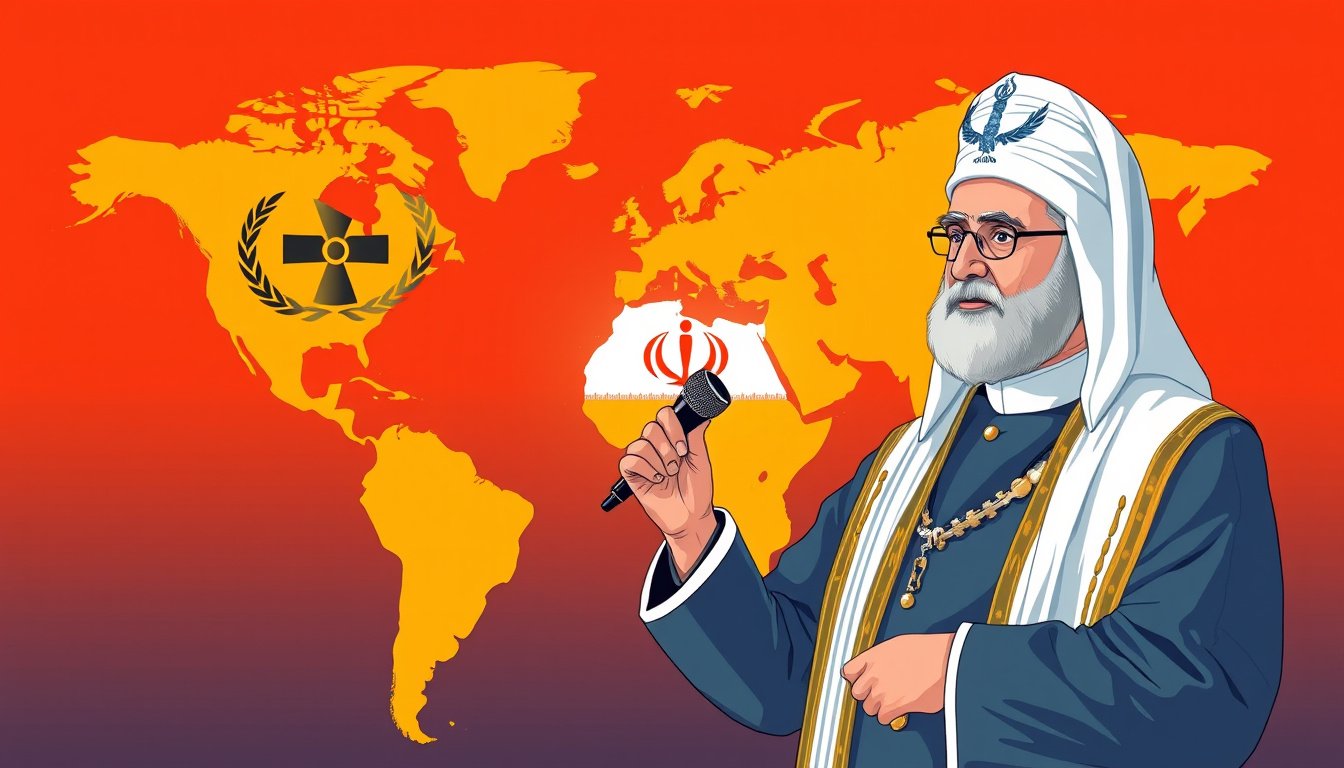In a series of troubling revelations, Troy Taylor, the head football coach at Stanford University, has come under scrutiny for allegations of bullying and inappropriate behavior directed towards female staff members within the athletic department. As detailed in investigations obtained by ESPN, Taylor’s conduct has raised concerns about workplace culture and compliance with NCAA regulations.
The investigations began after complaints from multiple employees who described Taylor’s behavior as hostile and aggressive. Reports indicate that he belittled female athletic staffers and sought to have an NCAA compliance officer dismissed after she expressed concerns about potential rules violations. Additionally, several witnesses noted that Taylor repeatedly made inappropriate comments about the appearance of a female staff member.
In response to the first investigation, which concluded in early 2024, Taylor signed a warning letter acknowledging that any further infractions could lead to termination. Despite this, additional complaints led to a second investigation, which concluded last July, yet Taylor remains in his position as head coach.
In a statement addressing the allegations, Taylor emphasized his commitment to personal growth, expressing intentions to improve his interactions with others. He described the investigations as an opportunity to reflect on his leadership style. Conversely, Stanford University reaffirmed its commitment to maintaining high standards of behavior, stating that appropriate measures were taken in light of the findings.
The investigations were facilitated by independent consultants, underscoring the seriousness of the allegations. Over 20 current and former staff members contributed to the findings, some of whom expressed fears of retaliation for their cooperation. Notably, the investigations revealed a pattern of concerning behavior by Taylor, with one investigator citing an unprecedented level of animosity towards a university compliance officer.
Taylor’s treatment of female employees was a significant focus, with indications that he exhibited a style of communication characterized by anger and aggression. Those who interacted with him reported a culture of intimidation, where staff were apprehensive to engage or express dissent. Investigators found that Taylor’s conduct was incongruent with Stanford’s standards, particularly regarding the treatment of women in the workplace.
Following the reports, some staff members received warnings for their conduct, and it was made clear that complaints against Taylor had prompted a thorough inquiry into the football program’s environment, highlighting a need for a culture shift within the athletic department.
While Troy Taylor entered his position with a promising reputation, the allegations now present a stark contrast to his professional image. The broader implications of these findings on Stanford’s athletics culture, compliance with NCAA standards, and the support for female staffers pose ongoing challenges. The university’s response will be closely monitored, as will Taylor’s ability to redefine his approach to leadership amid these serious accusations.










